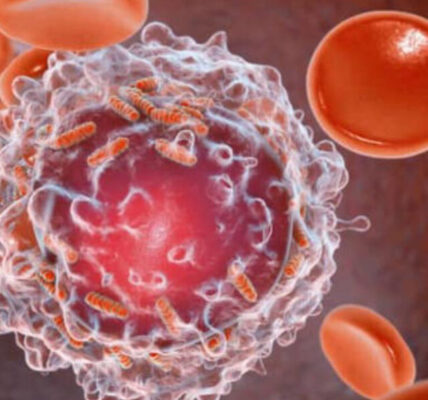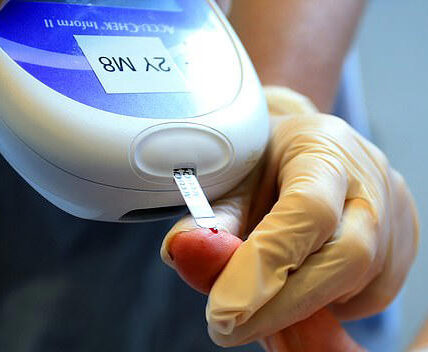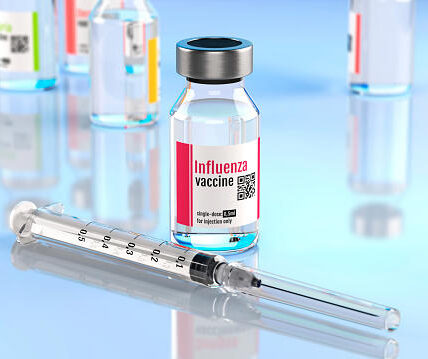“Heart Failure Symptoms: 5 Vital Signs You Must Know”
Table of Contents
ToggleHeart Failure Symptoms: Recognizing the Warning Signs for Better Health
“Explore the critical signs of heart failure symptoms and empower yourself with knowledge for better heart health. Discover what to watch for and when to seek medical attention.”
It occurs when the heart becomes too weak or stiff to pump blood effectively throughout the body. Sadly, cardiovascular diseases, including heart failure, are among the leading causes of death globally. However, understanding the signs and symptoms of heart failure can lead to early detection and better management of the condition.
Understanding Heart Failure
Heart failure is a chronic condition in which the heart is unable to pump blood efficiently to meet the body’s needs. This can result from various factors, including coronary artery disease, hypertension, and previous heart attacks. As the heart’s pumping ability weakens, fluid can accumulate in the lungs, abdomen, legs, and other parts of the body, leading to symptoms such as breathlessness, swelling, and fatigue.

1. Breathlessness: The Most Prominent Symptom
One of the most common signs of heart failure is breathlessness. Imagine feeling like your body’s engine can’t keep up with your activity level. That’s precisely what happens with heart failure. When the heart fails to pump efficiently, it signals to the body that it can’t keep up, resulting in breathlessness, especially during physical exertion. This feeling can worsen when lying flat, as fluid buildup in the lungs makes breathing more difficult. Many people with heart failure find relief by propping themselves up with pillows while sleeping.

2. Swelling: A Sign of Fluid Build-Up
Another telltale sign of heart failure is swelling, medically known as oedema. It typically occurs in the extremities, such as the ankles. The swelling worsens throughout the day due to gravity, with many individuals noticing it more in the evening than in the morning. This swelling is caused by the heart’s inability to pump blood effectively, leading to fluid retention in the body.
3. Weight Gain: Monitoring Fluid Build-Up
Healthcare providers often ask patients to monitor their weight, known as their “dry weight.” This weight reflects their body’s weight when fluid retention isn’t an issue. By tracking changes in weight, healthcare professionals can adjust medication dosages accordingly to manage fluid build-up effectively.
4. Palpitations: Feeling Your Heart’s Flutter
Palpitations are another symptom commonly associated with heart failure. You may feel as though your heart is pounding, racing, or skipping beats. This sensation occurs because the heart is overcompensating for its weakened state, leading to a faster heart rate. In some cases, the heart may also experience abnormal rhythms, such as atrial fibrillation. Palpitations can be distressing, but they serve as a crucial indicator that medical attention may be needed.

5. Tiredness: A Sign of Struggling Heart
Feeling constantly tired and fatigued is a symptom that should not be overlooked, especially if you have been diagnosed with heart failure. The weakened heart is working overtime to meet the body’s demands, leaving you feeling exhausted. Many individuals with heart failure report feeling unusually tired, even with minimal physical activity.
Recognizing the Signs: When to Seek Help
If you experience persistent or worsening symptoms of heart failure, it’s essential to seek medical advice promptly. Your healthcare provider can assess your condition and recommend appropriate treatment options to manage your symptoms and improve your quality of life. In cases of sudden or severe symptoms, such as acute shortness of breath or chest pain, do not hesitate to call emergency services or visit the nearest emergency department for immediate medical attention.

Living Well with Heart Failure: Lifestyle Changes and Treatment Options
While heart failure is a serious condition, making healthy lifestyle changes can help slow its progression. Managing risk factors such as high blood pressure, diabetes, and obesity can significantly reduce the likelihood of developing heart failure. Additionally, following a heart-healthy diet, engaging in regular physical activity, and avoiding smoking can improve heart function and overall well-being.
In many cases, individuals with heart failure will require medication to manage their symptoms effectively. Medications may include diuretics to reduce fluid retention, ACE inhibitors to lower blood pressure, and beta-blockers to improve heart function. Some patients may also benefit from devices such as pacemakers or implantable cardioverter-defibrillators (ICDs) to regulate heart rhythm and prevent sudden cardiac arrest.
Surgical interventions, such as heart valve repair or replacement, may be necessary for individuals with severe heart failure. These procedures aim to restore normal heart function and improve quality of life. Your healthcare provider will work closely with you to determine the most appropriate treatment plan based on your individual needs and medical history.
In Conclusion
Heart failure is a serious condition that requires prompt medical attention and management. By recognizing the signs and symptoms of heart failure and seeking timely medical advice, you can improve your outcomes and quality of life. Remember, early detection and intervention are key to effectively managing heart failure and living a fulfilling life. If you or a loved one experience any symptoms of heart failure, don’t wait – reach out to your healthcare provider today. Your heart health matters, and taking proactive steps can make all the difference in your journey to wellness.



